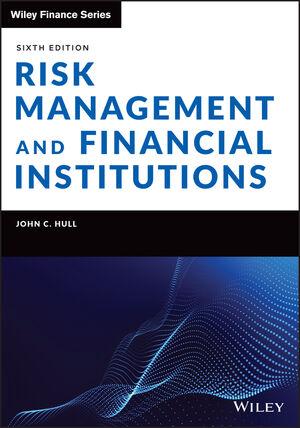Answered step by step
Verified Expert Solution
Question
1 Approved Answer
1. What is an option? A) It is a contract where, on the transaction date, the parties, buyer and seller, agree on a price at
1. What is an option? A) It is a contract where, on the transaction date, the parties, buyer and seller, agree on a price at which to exchange an asset for a countervalue at a future date. B) It is a contract that is intermediated in a stock exchange, whose characteristics are predefined, except for the price, and they carry out daily settlements and gains and losses through a clearinghouse. C) It is a contract where the buyer of said contract has the right to decide to buy or sell an asset, for an exercise price defined on the date of operation. The seller of said contract has the obligation to buy or sell the asset at the strike price. 2. What is a call? A) It is a contract where, on the transaction date, the parties, buyer and seller, agree on a price at which to exchange an asset for a countervalue at a future date. B) It is a contract where the buyer of said contract has the right, but not the obligation, to buy the underlying at a determined strike price. The seller of the contract charges the buyer of the contract a premium, in exchange, it is obliged to sell the underlying for the strike price at the demand of the buyer of the contract at some agreed time. C) It is a contract where the buyer of said contract has the right, but not the obligation, to sell the underlying at a determined strike price. The seller of the contract charges the buyer of the contract a premium, in exchange, it is obliged to buy the underlying for the strike price at the demand of the buyer of the contract at some agreed time. 3. What is a put? A) It is a contract where, on the transaction date, the parties, buyer and seller, agree on a price at which to exchange an asset for a countervalue at a future date. B) It is a contract where the buyer of said contract has the right, but not the obligation, to buy the underlying at a determined strike price. The seller of the contract charges the buyer of the contract a premium, in exchange, it is obliged to sell the underlying for the strike price at the demand of the buyer of the contract at some agreed time. C)It is a contract where the buyer of said contract has the right, but not the obligation, to sell the underlying at a determined strike price. The seller of the contract charges the buyer of the contract a premium, in exchange, it is obliged to buy the underlying for the strike price at the demand of the buyer of the contract at some agreed time.
Step by Step Solution
There are 3 Steps involved in it
Step: 1

Get Instant Access to Expert-Tailored Solutions
See step-by-step solutions with expert insights and AI powered tools for academic success
Step: 2

Step: 3

Ace Your Homework with AI
Get the answers you need in no time with our AI-driven, step-by-step assistance
Get Started


